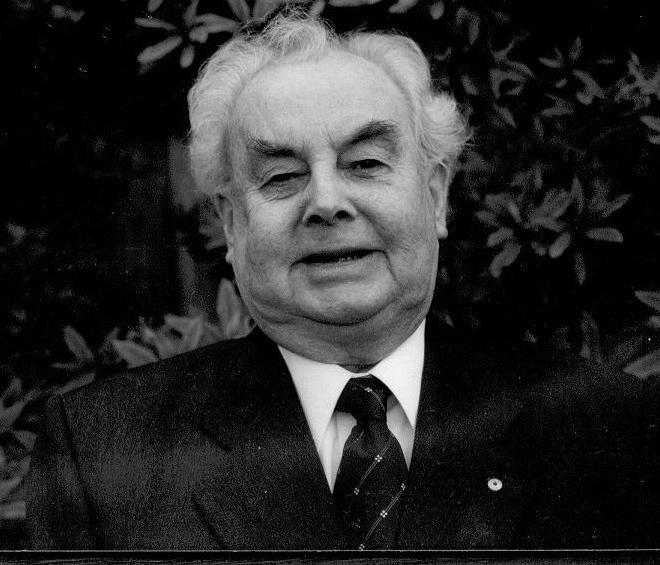
Reflections on the ASP
I was a foundation member of the ASP and gave a paper at the first meeting which was held in Canberra. I was eager to join as it gave me an introduction to others working in various areas of parasitology and this was most helpful when I joined the staff of the Melbourne Veterinary School where, for the first 5 years, I taught the full course as well as the applied aspects in veterinary medicine.
I have always believed that to get the most out of membership of an organisation, you should participate fully so I became active and was an early President of the ASP. Thus I was able to join in the early discussions of how the society should be named and how the Journal, that was commenced, would be printed and financed.
To this we owe a great debt to the late Professor Sprent who devoted a great deal of time to the minutiae of these decisions and laid the foundation for the strong financial position of the Society. This has allowed the ASP to have sufficient resources to fund undergraduate and post-graduate prizes as well as travel grants to allow members to attend conferences. I know of no other society that is so generous to its members.
I would encourage all young graduates to join an organisation relevant to their interests. I have been President of the Australian Veterinary Association, the Wildlife Disease Association and Australian Society for Animal Production, all of which had a bearing on my interest in the biology of parasites and their control. By this I have made many friends and markedly enlarged my knowledge.
One of my delights in parasitology is its breadth. Thus our members are expert in a range of disciplines, not only in helminths, protozoa and ectoparasites but in the sub-disciplines within each of these. Thus we have biologists, taxonomists, immunologists, applied parasitologists and others all of whom can interact and add to our corporate knowledge.
In my early graduate life when the only relevant journal was the Australian Veterinary Journal, it was widely accepted as an important, if not the main, reference for articles on ticks and tick fever, control of internal parasites of sheep and cattle, myiasis of sheep and many other parasitic diseases. It is pleasing that Australia has retained its place as a leader in parasitology but now has its own journal to showcase our research efforts.
It has been a privilege to been a member of the ASP and to see how our members have added to Australia’s reputation in this important discipline.


